Karolinska Institute: Statistics
Updated:
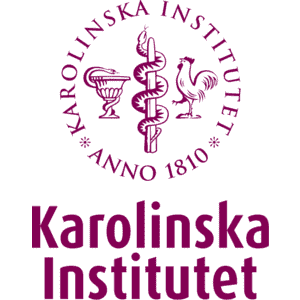

| Position | Category |
|---|---|
| #134 of 14,131 | In the World |
| #36 of 2,785 | In Europe |
| #3 of 39 | In Sweden |
| #1 of 12 | In Stockholm |
| #3 of 1,411 | For Epidemiology |
| Top100 | For 64 other topics |
Quick Review
- Enrollment
- 8,070
- Type
- Non-profit
- Funding
- Public-private
partnership - Highest Degree
- Master
- Website
- ki.se
- Languages
- Swedish
- Acceptance rate
- 57%*
* Karolinska Institute is among the institutions that don't provide data on acceptance rates. This might happen because the university has programs where applicants only need to meet admission requirements to enroll and don't necessarily compete with others.
We estimate the above acceptance rate based on admission statistics of closely ranked nearby universities with similar research profiles that do publish such data.
Acceptance rate & Admissions
| Admissions Requirements | Secondary school certificate or foreign equivalent, residents in Denmark, Finland, Iceland or Norway are eligible |
|---|---|
| Academic Calendar | August to June (August - January; January-June) |
| Enrollment | 8,070 |
| Full time employee | 4,549 |
| Student:staff ratio | 2:1 |
Research profile
Karolinska Institute is a world-class research university with 197,108 scientific papers published and 9,031,671 citations received. The research profile covers a range of fields, including Medicine, Biology, Genetics, Chemistry, Biochemistry, Pathology, Psychology, Computer Science, Liberal Arts & Social Sciences, and Psychiatry.
Karolinska Institute majors
by publication & citation count
Annual publication & citation counts
| Year | Publications | Citations |
|---|---|---|
| 1992 | 1738 | 39821 |
| 1993 | 1851 | 40339 |
| 1994 | 1872 | 42774 |
| 1995 | 2091 | 47778 |
| 1996 | 2158 | 49565 |
| 1997 | 2319 | 55412 |
| 1998 | 2513 | 63722 |
| 1999 | 2656 | 71507 |
| 2000 | 2727 | 79148 |
| 2001 | 2734 | 85240 |
| 2002 | 3020 | 94009 |
| 2003 | 2989 | 105655 |
| 2004 | 3256 | 117470 |
| 2005 | 3286 | 129143 |
| 2006 | 3659 | 147954 |
| 2007 | 3701 | 163286 |
| 2008 | 4299 | 180719 |
| 2009 | 4502 | 200851 |
| 2010 | 4787 | 220579 |
| 2011 | 4923 | 243384 |
| 2012 | 5406 | 272267 |
| 2013 | 6100 | 298560 |
| 2014 | 6260 | 325727 |
| 2015 | 6857 | 344760 |
| 2016 | 10388 | 359319 |
| 2017 | 7834 | 389290 |
| 2018 | 8310 | 425820 |
| 2019 | 8967 | 482293 |
| 2020 | 10006 | 601761 |
| 2021 | 10429 | 677431 |
| 2022 | 10241 | 669230 |
| 2023 | 10205 | 681657 |
| 2024 | 9415 | 681109 |
Tuition
| International studetns | 200.000 (SEK) |
|---|
Programs and Degrees
The table below displays academic fields with programs and courses that lead to Bachelor's, Master's, and Doctorate degrees offered by Karolinska Institute.
Note that the table provides a general overview and might not cover all the specific majors available at the university. Always visit the university's website for the most up-to-date information on the programs offered.
| Programs | Bachelor | Master | Doctoral |
|---|---|---|---|
| Art & Design | No | No | No |
| Biology | Yes | Yes | Yes |
| Business | No | No | No |
| Chemistry | Yes | Yes | Yes |
| Computer Science | No | No | No |
| Economics | No | No | No |
| Engineering | No | No | No |
| Environmental Science | Yes | Yes | Yes |
| Liberal Arts & Social Sciences | No | No | No |
| Mathematics | No | No | No |
| Medicine | Yes | Yes | Yes |
| Physics | No | No | No |
| Psychology | Yes | Yes | Yes |
| Kandidatexamen (Degree of Bachelor) / Konstnärlig kandidatexamen (Degree of Bachelor in Fine Arts) | Biological and Life Sciences, Dental Hygiene, Medicine, Nursing, Occupational Therapy, Optometry, Pharmacy, Physical Therapy, Psychotherapy, Public Health, Rehabilitation and Therapy, Speech Therapy and Audiology |
|---|---|
| Yrkesexamen (First cycle professional qualification) | Dental Hygiene, Medicine, Midwifery, Nursing, Occupational Therapy, Optometry, Physical Therapy, Psychotherapy, Rehabilitation and Therapy, Speech Therapy and Audiology |
| Magisterexamen (Degree of Master) / Konstnärlig magisterexamen (Degree of Master in Fine Arts) | Medicine, Midwifery, Public Health |
| Masterexamen (Degree of Master) / Konstnärlig masterexamen (Degree of Master in Fine Arts) | Biological and Life Sciences, Biomedicine, Dentistry, Medicine, Nursing, Psychotherapy, Public Health, Speech Therapy and Audiology |
| Licentiatexamen | Medicine |
| Doktorsexamen | Medicine |
Karolinska Institute alumni
-
Tomas Lindahl
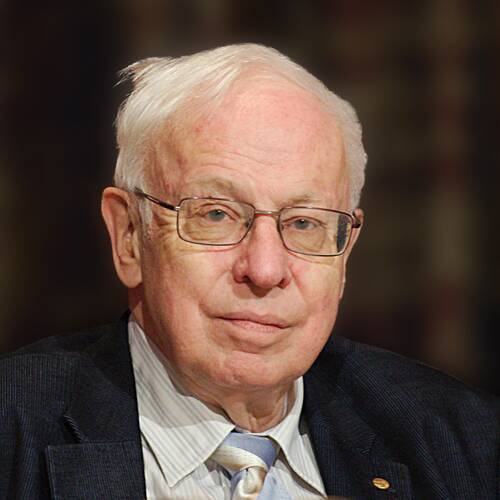
- Enrolled in Karolinska Institute
- 1985-1990 graduated with Doctor of Philosophy in chemistry
- Occupations
- physiciangeneticistbiologistchemist
- Biography
-
Tomas Robert Lindahl is a Swedish-British scientist specialising in cancer research. In 2015, he was awarded the Nobel Prize in Chemistry jointly with American chemist Paul L. Modrich and Turkish chemist Aziz Sancar for mechanistic studies of DNA repair.
-
Sune Bergström
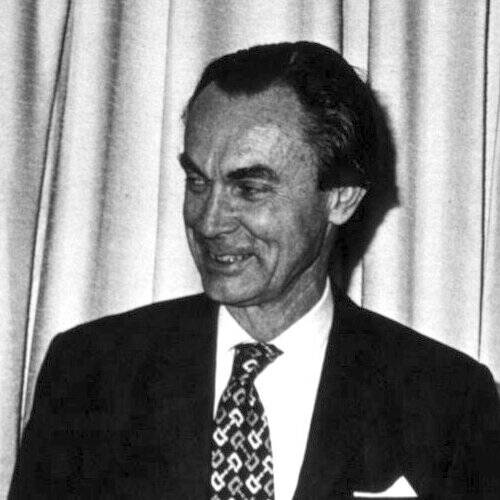
- Occupations
- biochemistchemist
- Biography
-
Karl Sune Detlof Bergström was a Swedish biochemist. In 1975, he was appointed to the Nobel Foundation Board of Directors in Sweden, and was awarded the Louisa Gross Horwitz Prize from Columbia University, together with Bengt I. Samuelsson. He shared the Nobel Prize in Physiology or Medicine with Bengt I. Samuelsson and John R. Vane in 1982, for discoveries concerning prostaglandins and related substances.
-
Torsten Nils Wiesel
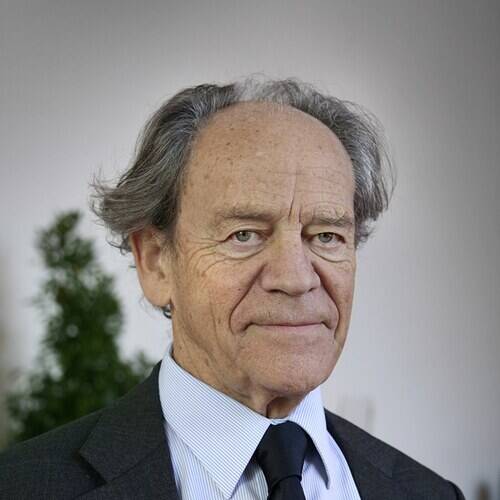
- Occupations
- neurologistacademicbiologistlecturer
- Biography
-
Torsten Nils Wiesel is a Swedish neurophysiologist. With David H. Hubel, he received the 1981 Nobel Prize in Physiology or Medicine, for their discoveries concerning information processing in the visual system; the prize was shared with Roger W. Sperry for his independent research on the cerebral hemispheres.
-
Rolf Sievert
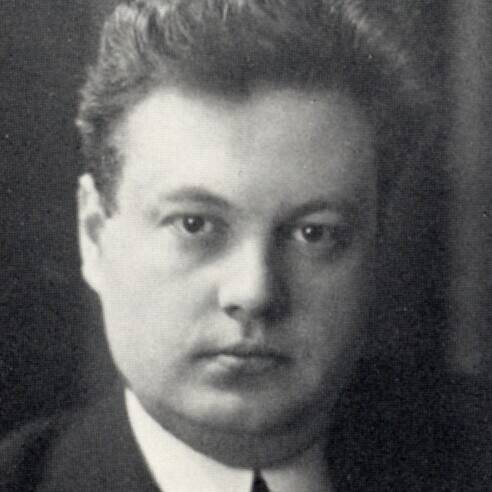
- Occupations
- physicistuniversity teacher
- Biography
-
Rolf Maximilian Sievert was a Swedish medical physicist whose major contribution was in the study of the biological effects of ionizing radiation.
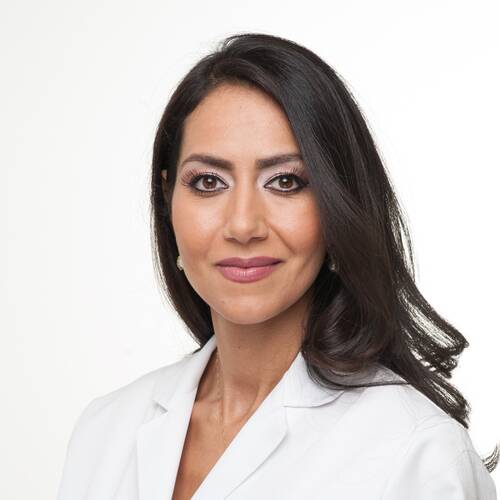
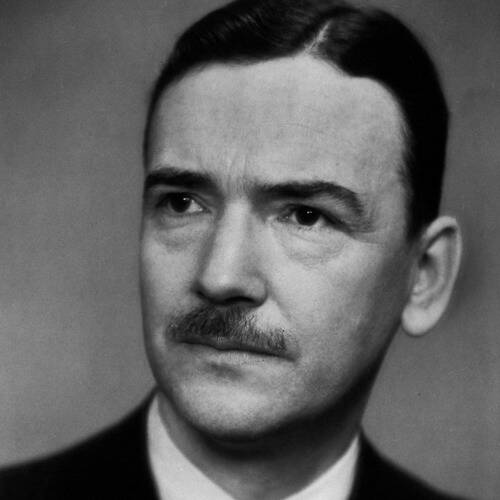
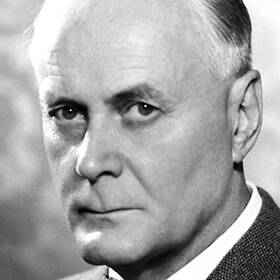
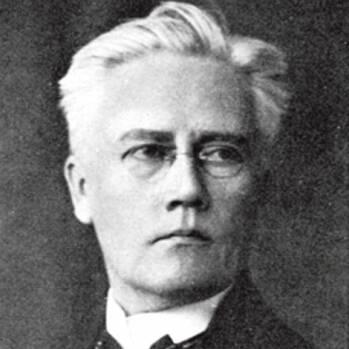
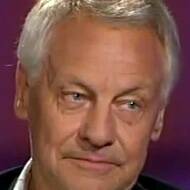
Karolinska Institute faculties and divisions
| Department/Division : Bioscience and Nutrition | Biochemistry, Biomedical Engineering, Endocrinology, Microbiology, Molecular Biology, Nutrition, Oncology, Virology |
|---|---|
| Department/Division : Cell and Molecular Biology | Biology, Cell Biology, Molecular Biology |
| Department/Division : Clinical Neurosciences | Neurology, Neurosciences, Ophthalmology, Psychiatry and Mental Health, Psychology |
| Department/Division : Clinical Science and Education | Epidemiology, Health Education, Medical Technology, Medicine, Nursing |
| Department/Division : Clinical Science, Intervention and Technology | Anaesthesiology, Medical Technology, Obstetrics and Gynaecology, Orthopaedics, Otorhinolaryngology, Paediatrics, Radiology, Speech Therapy and Audiology, Surgery, Urology |
| Department/Division : Clinical Sciences | Medicine |
| Department/Division : Dental Medicine | Dental Hygiene, Dental Technology, Dentistry |
| Department/Division : Laboratory Medicine | Chemistry, Immunology, Laboratory Techniques, Medical Technology, Microbiology, Pharmacology, Physiology |
| Department/Division : Medical Biochemistry and Biophysics | Biochemistry, Biology, Biophysics |
| Department/Division : Medical Epidemiology and Biostatistics | Epidemiology, Genetics, Oncology, Social and Preventive Medicine, Statistics |
| Department/Division : Medicine | Medicine |
| Department/Division : Medicine | Medicine |
| Department/Division : Microbiology, Tumor and Cell Biology | Biology, Cell Biology, Immunology, Microbiology, Oncology |
| Department/Division : Molecular Medicine and Surgery | Diabetology, Endocrinology, Genetics, Surgery |
| Department/Division : Neurobiology, Care Sciences and Society | Community Health, Gerontology, Health Education, Health Sciences, Neurology |
| Department/Division : Neurosciences | Neurosciences |
| Department/Division : Oncology-Pathology | Oncology |
| Department/Division : Physiology and Pharmacology | Anaesthesiology, Pharmacology, Physiology |
| Department/Division : Public Health Sciences | Health Education, Public Health, Social and Preventive Medicine |
| Department/Division : Women's and Children's Health | Midwifery, Nursing, Paediatrics |
| Institute : Environmental Medicine | Environmental Studies, Epidemiology, Toxicology |
General information
| Alternative names | KI Karolinska Institutet |
|---|---|
| Founded | 1861 |
| Accreditation | Swedish Higher Education Authority (UKÄ) |
| Motto | Att förbättra människors hälsa |
| Colors | ki plum |
Location and contacts
| Address | Nobels väg 6 Solna och Alfred Nobels Allé 8 Huddinge Stockholm, SE-171 77 Sweden |
|---|---|
| City population | 985,000 |
